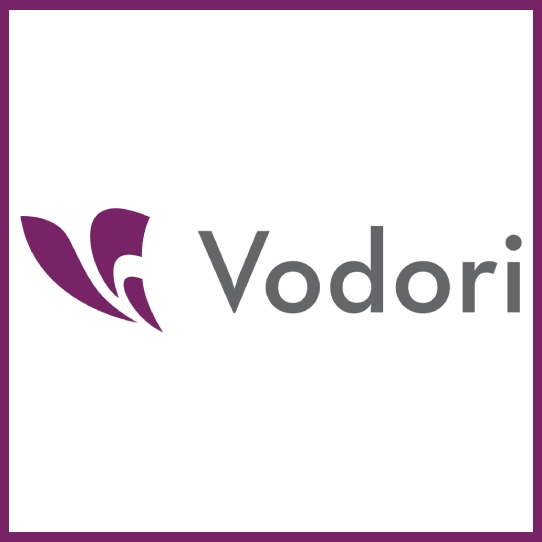Aligning, Appraising, and Simplifying Scientific Data Strengthens Promotional Claims
The pharmaceutical industry faces the challenge of converting complex medical and scientific information into clear, effective promotional claims. This process is critical as it balances the need for accurate scientific communication with the requirement for impactful marketing. The stakes are high, as promotional materials must adhere to stringent regulatory standards while also appealing to healthcare professionals and patients. Missteps can lead to significant legal and financial repercussions, making it essential for pharmaceutical companies to get this process right.
How do teams navigate the complexities of transforming dense scientific data into clear, approvable promotional material without losing accuracy or impact?
On this episode of Amend & Progress, hosted by Annalise Ludtke, Joe DiCapite, Director of Strategy for the UK and Europe at Vodori, delves into the intricate process of converting medical and scientific information into claims. Together, they discuss the challenges, best practices, and the importance of inter-team collaboration in ensuring successful outcomes.
Key Discussion Points
- Ensure appropriateness: Teams must first evaluate whether new scientific data aligns with their drug’s indication and regulatory constraints to determine its suitability for promotional claims.
- Assess evidence quality: A thorough appraisal of the evidence’s quality, including study design and statistical significance, is crucial to ensure the claim’s credibility and withstand scrutiny from competitors and regulators.
- Effective communication: Transforming complex scientific data into clear, impactful, and accurate claims requires simplifying jargon while maintaining precision, tailored to different audience needs, and considering the overall impression of the promotional material.
Joe DiCapite brings extensive experience in medical writing, medical affairs, and marketing. His background includes a strong foundation in the pharmaceutical industry, with a focus on critical appraisal and compliance processes. His expertise spans both the strategic and operational aspects of converting scientific data into promotional claims, making him a valuable voice in this field.




